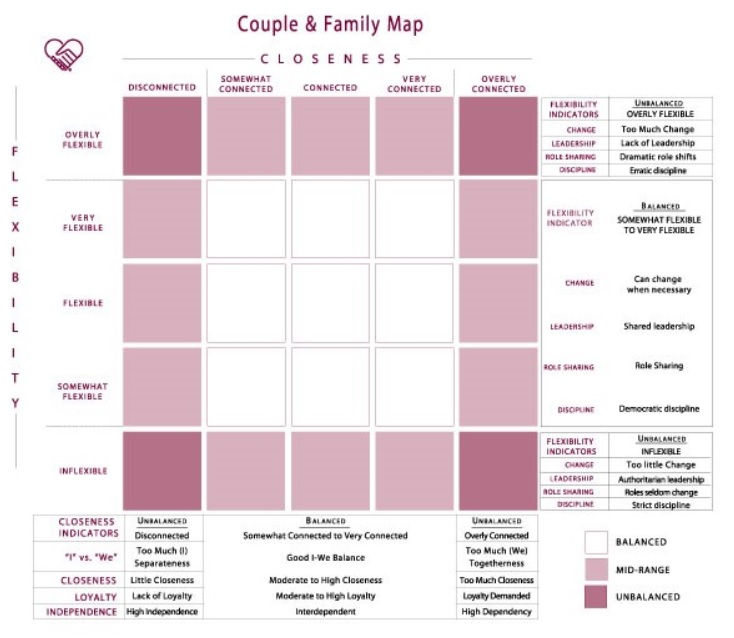What's the difference between Humility and Low Self-Esteem?
- rogerlinpsyd
- Oct 21, 2022
- 3 min read
Updated: Oct 26, 2022
This topic of Humility and Low Self-Esteem is the other side of the same coin of my post on the difference between arrogance and self-confidence.
At first glance, low self-esteem and humility seem similar. They both defer to others to let them have their way, are not quick to boast in your own accomplishments, and do not crave attention. But at a closer look, low self-esteem and humility look different. Low self-esteem plays out by you making disparaging comments about yourself. You are self-deprecating and express your low view of yourself. When you practice humility you acknowledge and are willing to work on areas of growth.
We seem to hear confusing messages regarding humility and low self-esteem. On the one hand, being humble is a virtue. We are told to be modest and to not show off our abilities. Yet taken too far, this message of humility can become self-deprecating resulting in a low self-esteem. This post will consider the value of humility, the problem with low self-esteem, and how to draw the line between the two.
The value of humility
Humility is valuable because it is honest and self-aware. Humility is knowing your strengths and weaknesses. It is unpretentious, it knows who you are and who you aren't. You don't try to be someone you are not. Humility does not need to show off. It doesn't need external validation, acknowledgement from others. It is content in who you are, flaws and all. You value yourself but you acknowledge that you still have room to grow. You are comfortable in your own skin.
Humility is not feeling bad about yourself.
Humility is not thinking less of of yourself, it is thinking of yourself less.
Humility means that you are teachable. Humility can learn from anyone. Humility means that you admit your needs without condemning your soul.
The problem with low self-esteem
When you begin to describe low self-esteem, you quickly begin to see how different it is from a healthy humility. Low self-esteem is seeing yourself as worthless, unworthy, less than, inferior, and is filled with uncertainty and self-doubt.
You may be stuck reliving past mistakes. We all make mistakes, and in humility we can learn from them and move on in life from them. But low self-esteem ruminates in our mistakes, repeatedly replaying what we did wrong and beating ourselves up for it again and again. Low self-esteem refuses to let go of mistakes and is stuck in self-defeating cycles of shame.
You may have developed the habit of feeling remorse, regret, guilt, and shame, where you constantly feeling like there is something wrong with you. Even when you things are going well and you have done nothing wrong, you feel flawed and broken.
Where do we draw the line between humility and low self-esteem?
1. How you react to other people.
Low self-esteem is afraid, reactive, and defensive when they receive feedback from people. Humility is receptive to feedback because they admit they have room to grow.
2. The need for approval.
Low self-esteem seeks verbal affirmation from people. Even when they are being given verbal affirmations, they may still question it.
Humility is self-confident with internal validation, knowing and believing that I have intrinsic value apart from what I do and what people think about me.
3. How you view people.
Low self-esteem is in a constant state of comparison. You feel inferior because you perceive people as being better than you. And/Or you have the impulse to put other down to make yourself feel better.
Humility understands that every person is equal regardless of their ability or status.
Conclusion
You can have high self-esteem and still be humble. High self-esteem means you see yourself as worthy and important. With humility, you see yourself and important, but also acknowledge that people are also worthy of respect and important. Humble confidence is being secure in who you are and being respectful of others.

Comments